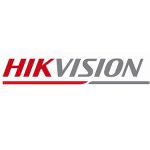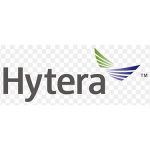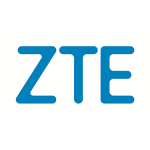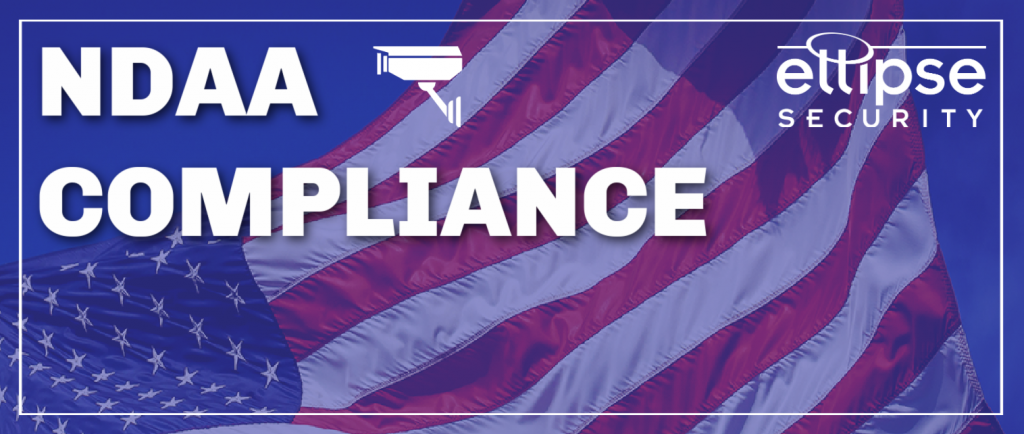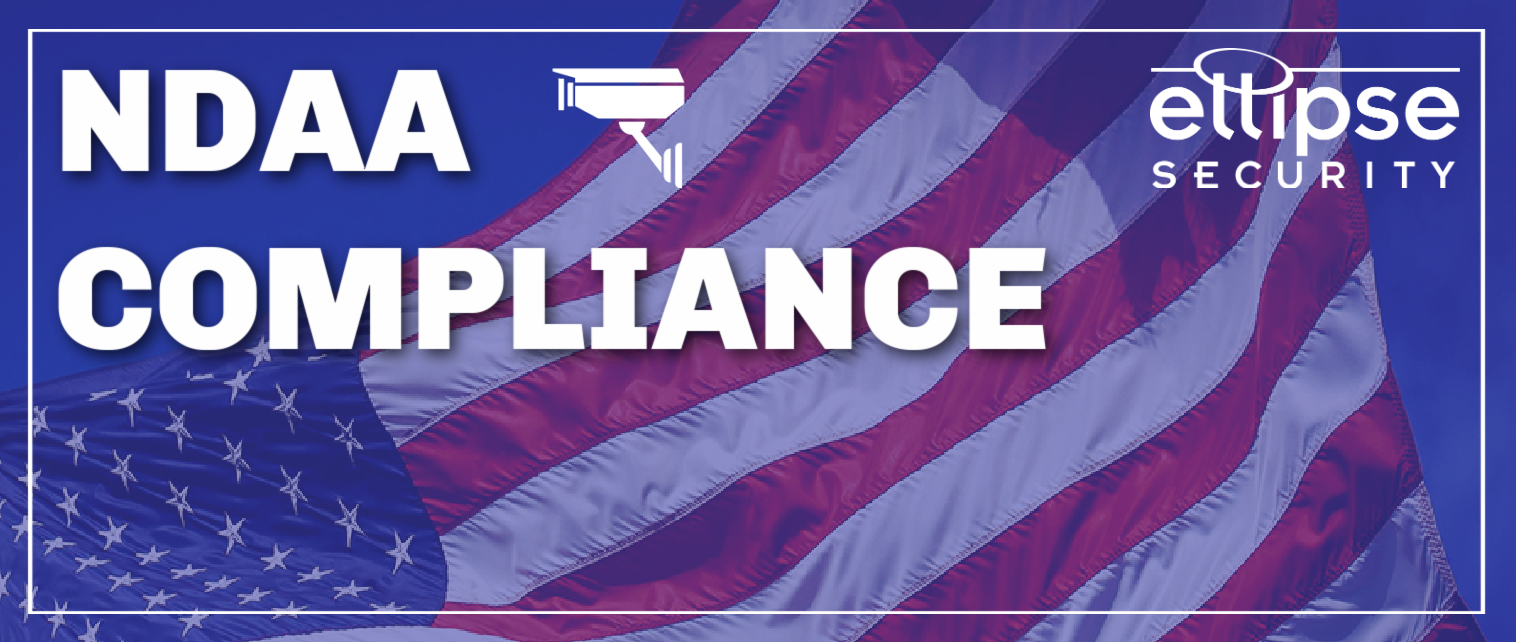
A Guide to NDAA Compliance: What is NDAA Compliance?
In this blog, we will be providing some guidance to NDAA Compliance and its impact on the surveillance industry. You have probably heard about the NDAA ban, or blacklist. The US Government has implemented a fairly wide-ranging act that prohibits using, buying or selling surveillance products that are manufactured by, or use components made by specific companies. We will discuss and list these companies below for you. Due to the language in the NDAA Section 889, OEM companies that purchase from the banned manufacturers would also be non-compliant. Therefore, it is important to understand which products are using components or relabeling surveillance equipment, from a banned manufacturer.
What is NDAA Compliance?
In short, the John S. McCain National Defense Authorization Act (NDAA) for Fiscal Year 2019 was signed into law in August of 2018 and subsequently NDAA 2020 for this year. The law, specifically Section 889, prohibits federal agencies, their contractors and grant or loan recipients from procuring or using “telecommunications and video surveillance equipment or services” from specific Chinese companies as a “substantial or essential component of any system, or as critical technology as part of any system.” The NDAA ban includes telecommunications equipment produced by Huawei Technologies Company or ZTE Corporation, as well as video surveillance and telecommunications equipment produced by Hytera Communications Corporation, Hangzhou Hikvision Digital Technology Company, or Dahua Technology Company. Therefore, for equipment to be NDAA Compliant, products must be free of any hardware, chipsets, SoC, or other materials from any of the companies listed on the Banned List.
There are 3 Essential Parts to Section 889:
- Procurement: This bans federal agencies from purchasing or procuring covered equipment or services
- Blacklist Clause: This bans federal agencies from doing business with companies that use covered equipment or services
- Funding: This prohibits Federal money or ‘funding’ to be used to purchase covered equipment or services
In essence, the law was motivated by concerns over cyber attacks exploiting potential ‘backdoor’ issues in specific Chinese made components and equipment. However, that is a simplified version of the wide-ranging issues the law attempts to address.
What does that mean for Security Installers and Integrators?
If you have ever installed surveillance equipment for government facilities, then you know there is always an extra amount of planning. With the new NDAA Requirements, there is an extra bit of care involved, specifically in choosing the right Security Cameras and Recorders that are NDAA Compliant. In short, if you are installing Security Cameras in a Federal Facility, or a job that is Federally Funded, you cannot use any of the banned equipment. This includes anything from entire manufacturers to components used in specific devices.
In order for you to be compliant with section 889 of the NDAA law, you may not use equipment, or equipment that uses the components manufactured by any of the following companies:
- Huawei Technologies
- ZTE Corporation
- Hanzhou Hikvision Digital Technology
- Dahua Technology Company
- Hytera Communication Corporation
What is immediately obvious from this?
You cannot install any Hikvision or Dahua security products in government facilities. For any company on the banned list, this means that everything in their product line is non-compliant. However, it also means the following: If a company is not on the banned list, but uses a component in their device, that comes from a banned company, it is also NOT Compliant. You should keep in mind that it may be difficult to determine whether specific products from other brands are compliant. The most common example of this in surveillance applications is the use of the HiSilicon Chipset (manufactured by Huawei). Numerous manufacturers or ‘brands’ of surveillance equipment, have been using Huawei HiSilicon SOC Chipsets in their IP Cameras and NVRs.
The SOC or ‘System on a Chip’ is the intelligent portion of your security device. It is important to make sure that any device you plan to install is not using HiSilicon chipsets.
In addition, many of our Dealers and Integrators also install telecommunications equipment. The law specifically bans the use of any telecommunication equipment manufactured by Huawei and ZTE.
How do I make sure my Security Cameras are NDAA Compliant?
Well, if you are in a hurry, just check our list of NDAA compliant IP Cameras and NVRs here: NDAA Compliant IP Cameras and NVRs
All of the Security Cameras on this list are NDAA Compliant and you can install them in Federal Facilities. That means you can also use them in projects that use Federal Funding.
On the other hand, trying to determine which companies are rebranding from banned manufacturers may require that you do some additional research. OEM or (Original Equipment Manufacturer) product is fairly common in our industry. That basically means that a ‘Manufacturer’ or ‘Brand’ may have their name on their security equipment, but it is made by someone else. Manufacturers will then brand the item with the sellers’ logo. This strategy is commonplace and even used by many of the big-name brands. Hikvision and Dahua make rebranded product for a number of companies. Many of you are already familiar with, and/or aware of this already.
Indications of common manufacture:
Have you ever wondered how two different manufacturers wind up using the same phone app? That can be an indication that they are both manufactured by the same company. A supplier or distributor should be transparent, as well as being able to tell you the origin of the products they are selling. However, not all of them are, or will. You may have heard about some companies who have recently gotten in trouble for this. In fact, there have been a number of US based ‘manufacturers’ who claim ‘Made In USA’ but are simply rebranding equipment purchased from overseas manufacturers.
OEM Companies
For a pretty extensive reference, you can view the IPVM list of companies that sell rebranded Hikvision product here: Hikvision OEMs
In addition, you can view the IPVM list of rebranded Dahua products here: Dahua OEMs
You may also notice that Ellipse Security shows up as a Hikvision OEM. That is correct, as it refers to our TA series line of IP Cameras. These cameras are manufactured by Hikvision and we do not hide that fact. As a matter of fact, we let our Dealers know up front that this is a Hikvision OEM. These cameras cannot be installed in Federal applications. However, our TI Series Cameras are not made by Hikvision and are 100% NDAA Compliant. However, for Federal jobs that require NDAA Compliance, we recommend Uniview IP Solutions. Uniview offers a complete line of compliant IP Cameras, NVRs as well as other essential items.
Keep in mind that the landscape for surveillance manufacturing is ever changing. These lists are fairly extensive but will always be incomplete. Some brands and companies are not as up front about who makes their cameras. If you are still not sure about a particular product, you can contact a manufacturer directly. Ask them for their ‘Statement of NDAA Compliance’. This allows you to get it in writing, directly from the brand itself.
You can view the Uniview statement on NDAA Compliance here: Uniview Statement on NDAA Compliance
In summary, here are the 3 things you should look out for when bidding a government job:
- Do not use any product from the specifically banned companies
- Do not use any product that uses components from the banned companies
- Ask for a List of NDAA Compliance before bidding a particular manufacturer
An Important to Note regarding NDAA and State Government Projects
You should keep in mind that the law affects only Federal Projects currently. However, some states have considered extending the ban to state government purchases. Individual states may ban companies included in the NDAA on a state level. In fact, Vermont has already decided to adopt the tenets of the NDAA act. The state has instituted a government wide ban on equipment or technology from the banned companies. It seems likely that other states may follow suit. Therefore, it is important for you to check all applicable state laws when installing in a government facility. It may also be wise, if you are unsure, to just use NDAA Compliant Cameras regardless. Using NDAA Compliant products will future proof your installation.
Real Life Example on the importance of NDAA
We have seen a scenario where a government organization would not complete a purchase order with a construction materials supplier without confirming that their NVR was NDAA Compliant. Thankfully, this client had installed Uniview NDAA compliant Cameras and NVRs. We feel that a scenario such as this really drives home the nature of how this law will affect US companies. In other words, if you own a business that wants to do business with the Federal Government, you may need NDAA compliant surveillance in your facility.
Are all products from certain countries banned?
Some in the industry have expressed confusion as to the scope of the NDAA ban. The ban is related to named companies, not the country of origin (manufacturing location) of video surveillance products or components. Although all of the companies on the ban list are based in China, and this may be the reason for the confusion. Country of Origin is not a determination of NDAA Compliance, just as it is not a determination of the opposite.
Which Security Cameras are NDAA Compliant? Which Cameras can you install in Federal Government Facilities?
There are currently several options available for NDAA Compliant Surveillance equipment. At Ellipse Security, we realized early on that keeping NDAA compliant Cameras in stock would be essential to our Dealers. We made the decision to bring in a wide variety of IP Cameras and NVRs that can be installed in Federal Facilities. In addition, we have been adding new NDAA models regularly, and will continue to do so.
Uniview NDAA Compliant IP Cameras and NVRs: Uniview was also quick to realize the importance of having NDAA compliant options available early on. While we still have many of the previous models in stock, we currently offer a large selection of IP Cameras and NVRs that are compliant.
TI Series NDAA Compliant IP Cameras: Our TI Series IP Cameras are also compliant and can be used in applications which require compliance. TI Series IP Cameras are professional grade cameras with advanced features.
NDAA Compliant DVR, XVR and HVR for HD Analog: For government facilities using Analog or HD Analog, we have NDAA Compliant DVRs. More models on the way soon!
Ellipse Security policy and strategy on NDAA
Ellipse Security’s policy for NDAA compliance as it relates to our clients: As congress continues to mull over the details of NDAA compliance and specifically section 889, it is likely that changes will be forthcoming. We know that you are engaged in running your business. As your equipment supplier, we will do everything possible to keep up with changes or expansions in NDAA policy and how it affects you, our client. In addition, we will continue to expand our line of NDAA compliant surveillance equipment, so you have plenty of options. It is our ultimate goal, to be much more than a box mover. At Ellipse Security, we know that you expect more, and we continually strive to exceed your expectations.
If you would like more information on our NDAA Compliant Products, or just want to chat:
Call Toll Free: 877-880-7728
www.ellipsesecurity.com
Ellipse Security Dealer Program:
Are you a CCTV Integrator or Low Voltage Contractor? You can become an Ellipse Security Dealer by calling us or completing the form below.

